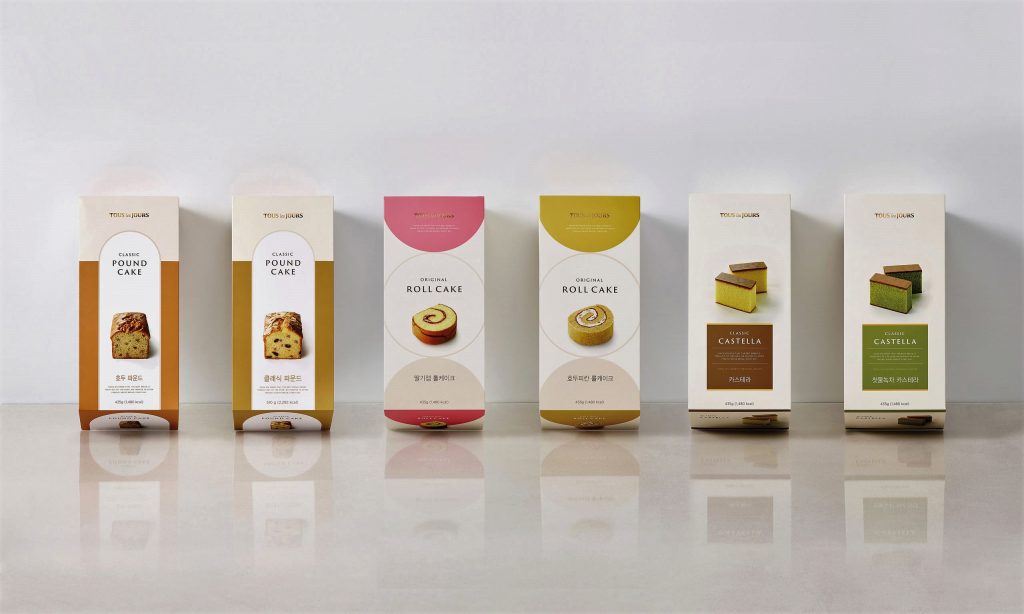Direct-to-consumer (D2C) is a business model where a company offers its goods or services to customers without involving a middleman, like a distributor, wholesaler, or retailer. Manufacturers, producers and brands engage directly with buyers without having to rely on brick-and-mortar stores or other mediators.
D2C is becoming an increasingly common way for consumers to shop. According to a Diffusion study, over 80% of consumers plan to make purchases from D2C brands in 2023. And eMarketer reports that 4 in 10 internet users expect D2C brands to account for at least 40% of their purchases within the next 5 years.
Brands such as Nike expect 75% of all their sales will be D2C within 2 years.
The days of retail are numbered. 53% of consumers already discover new brands via D2C platforms, up from 25% only 2 years ago.

The hunt for this value is increasingly being driven by price-savvy consumers. With growing pressure on household budgets, consumer perception of value is changing. Shoppers want to pay less for more and they are demonstrating that they are willing to search until they find what they are looking for. Manufacturers offering the Direct-to-Consumer (DTC) model are perceived to offer greater value and are able to reach more customers and sell more products.
Customers are also now engaging with brands beyond the traditional transaction, forcing them to focus on delivering more tailored, seamless, responsive and consistent customer experiences. In particular, customers are looking for more immersive and more unique experiences both online and offline. Consumers are increasingly aware of brands ’behavior, Those who demonstrate the right behavior while ensuring their purpose is aligned with customers’ values and expectations will hold a strong position.




